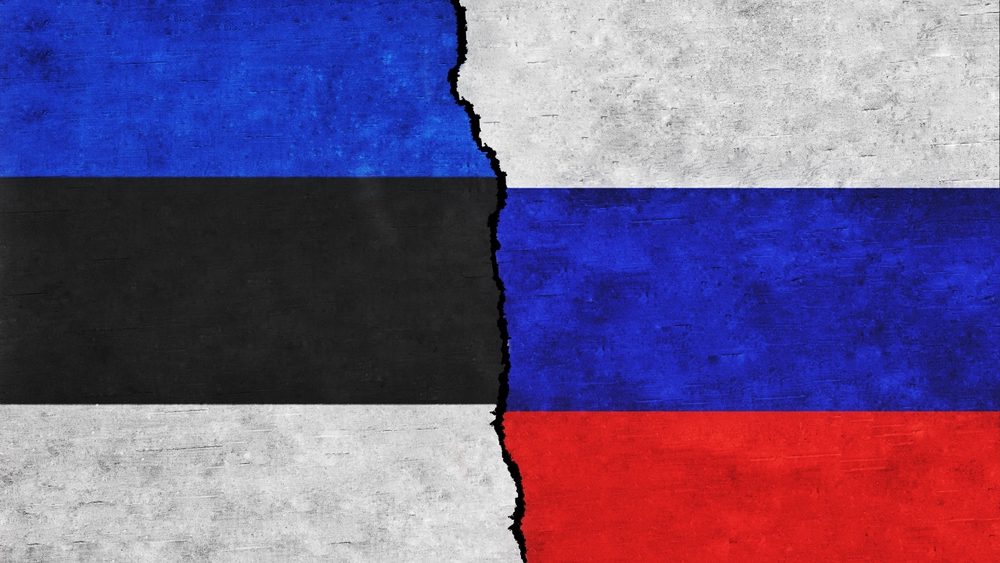
Tensions are escalating between the Baltic nations and Russia. On Monday, January 23rd, the Russian government informed the Estonian ambassador that he must leave the country by the beginning of next month, this being their first expulsion of an ambassador from an EU member state. Estonia has responded in kind and has been followed by their Baltic neighbour Latvia, who have asked the Russian ambassador in their country to leave before the end of February, and along with Lithuania, are withdrawing their ambassadors from Moscow.
Russia claims the move was in response to a decision announced by Estonia’s foreign ministry to gradually downgrade diplomatic relations with Russia to an absolute minimum, subsequently asking the Russian embassy in Tallinn to reduce its numbers to eight diplomats. It appears that Moscow opted instead to rip the band-aid off, citing what it claimed was the consistent ‘Russophobia’ of the Estonian government. Subsequently, Estonia’s foreign ministry states that relations with Russia will now be maintained by a chargé d’affaires in Moscow.
To date, the Baltic states have been some of the most vocal supporters of Ukraine, and, proportionate to their size, have actually been among the highest contributors in NATO to the Ukrainian war effort. Out of all the EU member states, Estonia has been at the tip of the spear when it comes to tensions and confrontation with the Russian Federation.
This Thursday, the Estonian government called a snap military exercise. While it is relatively small-scale, involving 830 troops— mainly reservists—the desire to practise “small unit tactics” and the “flexible conducting of snap exercises” underlines Estonia’s commitment and awareness of maintaining combat readiness.
Additionally, Estonia’s government announced plans at the beginning of January to extend its maritime control by establishing a contiguous zone. While the foreign ministry denies that this will lead to sanction enforcement against Russian shipping in the Gulf of Finland, Alexander Lott, an Estonian expert in maritime law, told Estonian media that this was certainly a possibility. The Russian Ambassador to Tallinn, however, denied that the creation of this zone would restrict the freedom of navigation.
Like many former members of the Eastern Bloc, the Baltic nations are following a long process of cultural and political divorce from Russia. On Thursday, the Latvian Vice President of the European Parliament Robert Zīle, a member of the ECR Group and the national-conservative Nation Alliance party, unveiled a plaque to commemorate the fortieth anniversary of the European Parliament’s 1983 resolution to support the Baltic Appeal. Gathered together to pay tribute were President Metsola and a number of other European lawmakers.
The Baltic Appeal was a 1979 open letter signed by 45 citizens of the Baltic states, then under Soviet occupation, demanding the disclosure of the Molotov-Ribbentrop Pact which had sanctioned the annexation of their countries by Russia.
Addressing the gathering, President Zīle remembered the courage of the signatories, saying “40 years ago, no matter how eternal the granite of the Soviet occupation seemed to the world, there were always those few whose spirit crumbled that injustice from within.” On the question of liberty Zīle considered the nature of its maintenance; “Freedom does not come as a gift. It has to be won. Then, as now.”
The plaque was installed in the Baltic Way corridor of the parliament, which was given the name in 2005 in honour of the 1989 human chain that 2 million Baltic demonstrators formed over their nations’ 600km border to protest the communist occupation of their countries.
